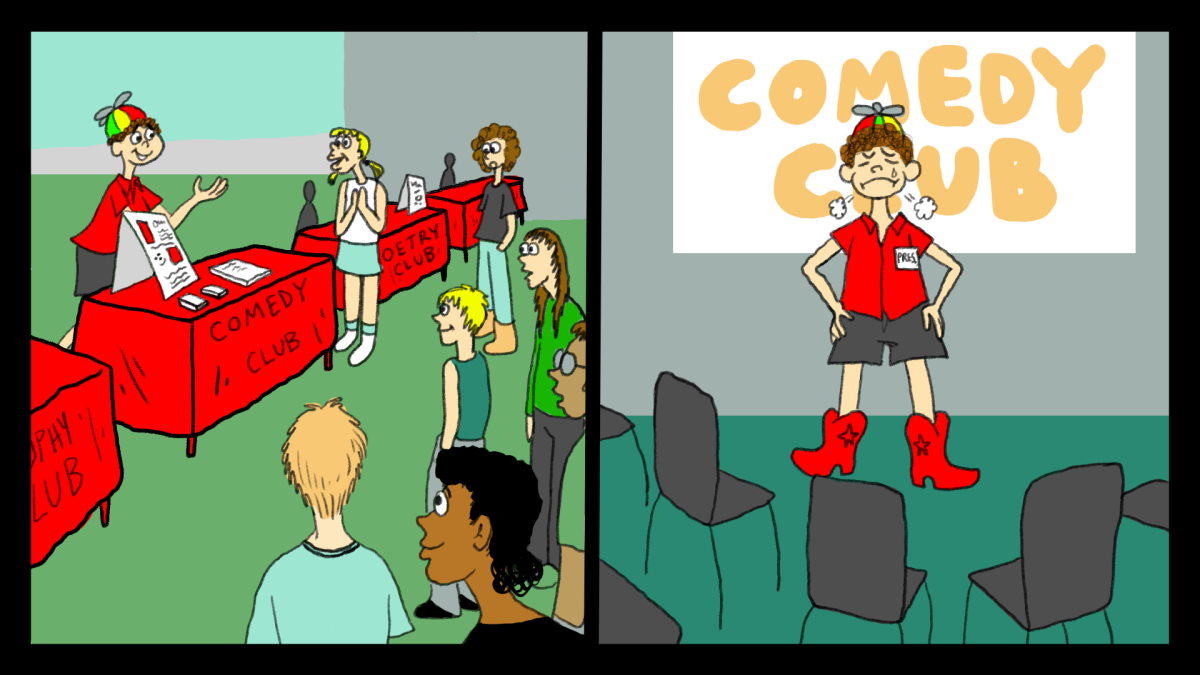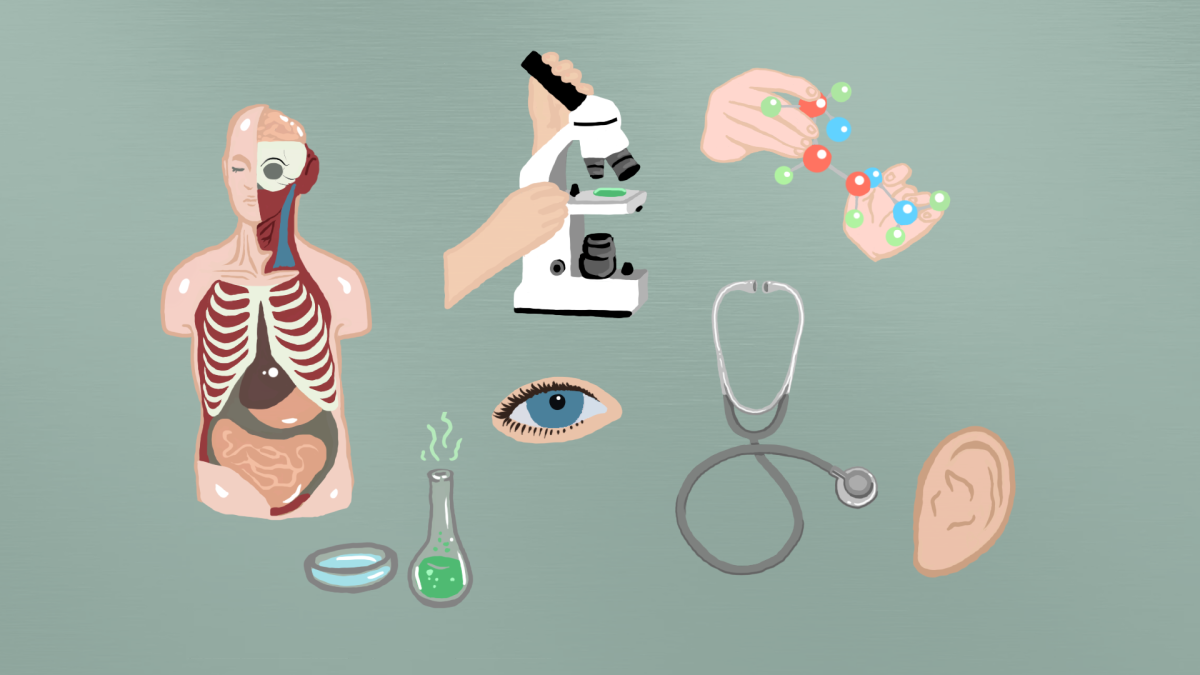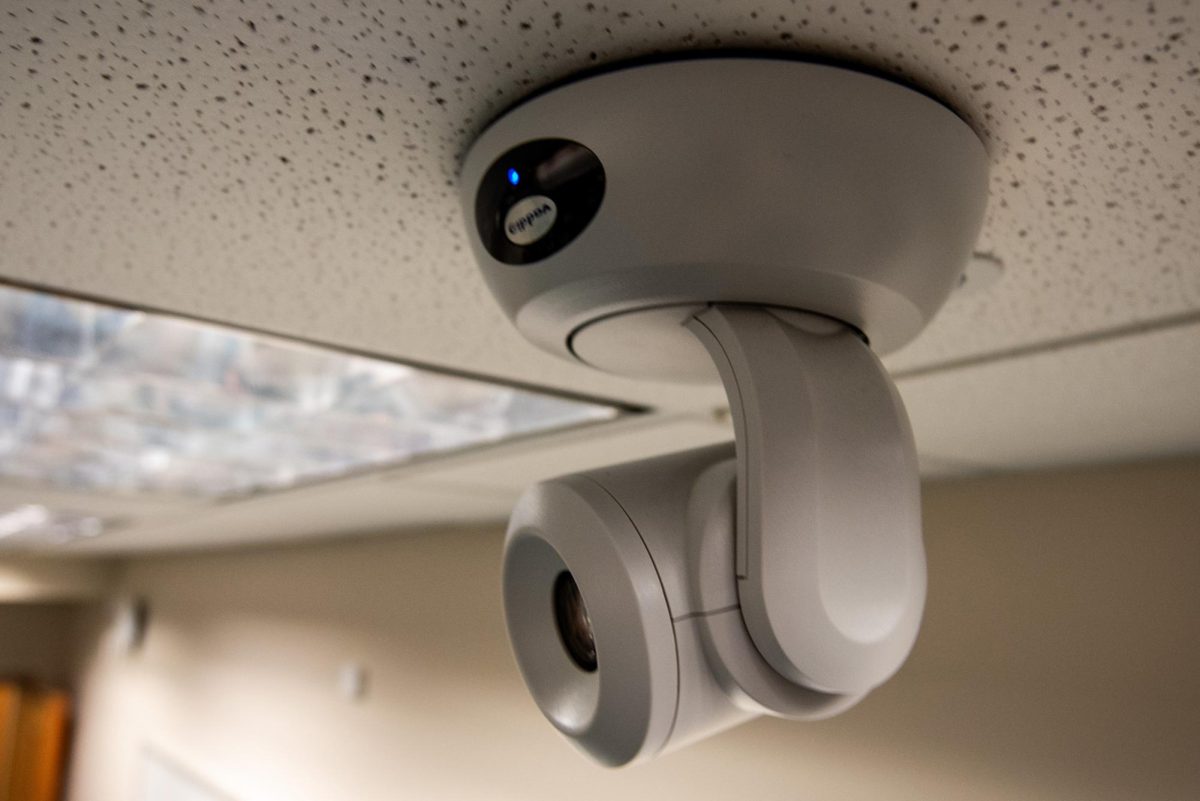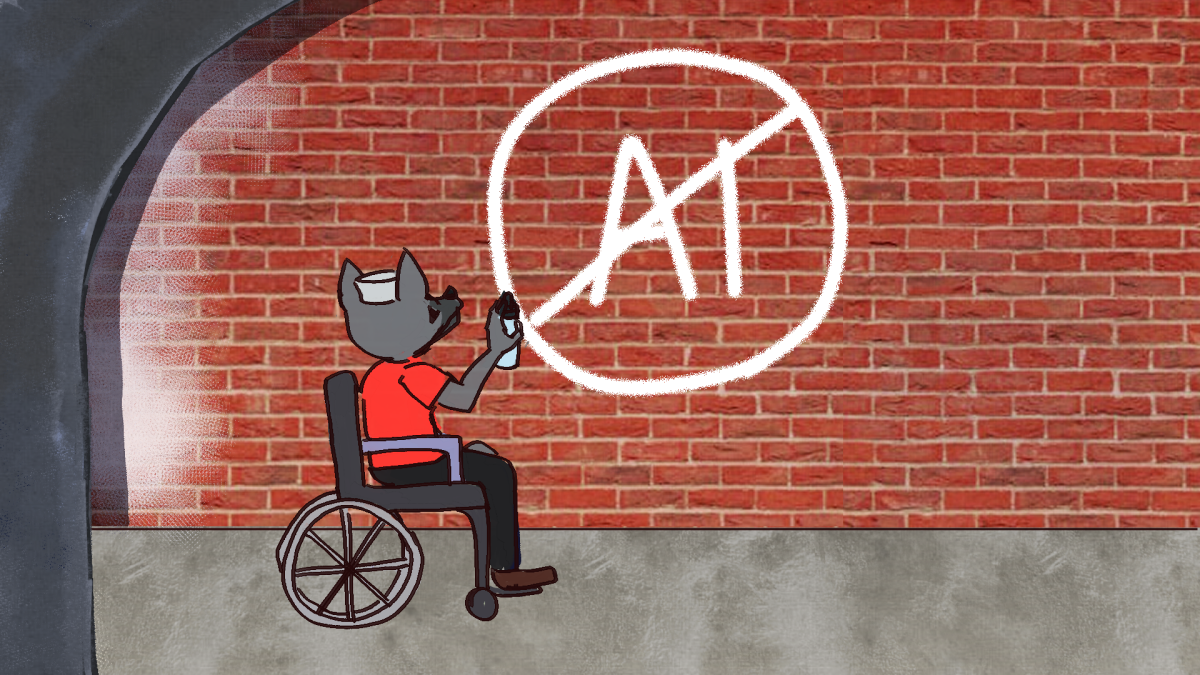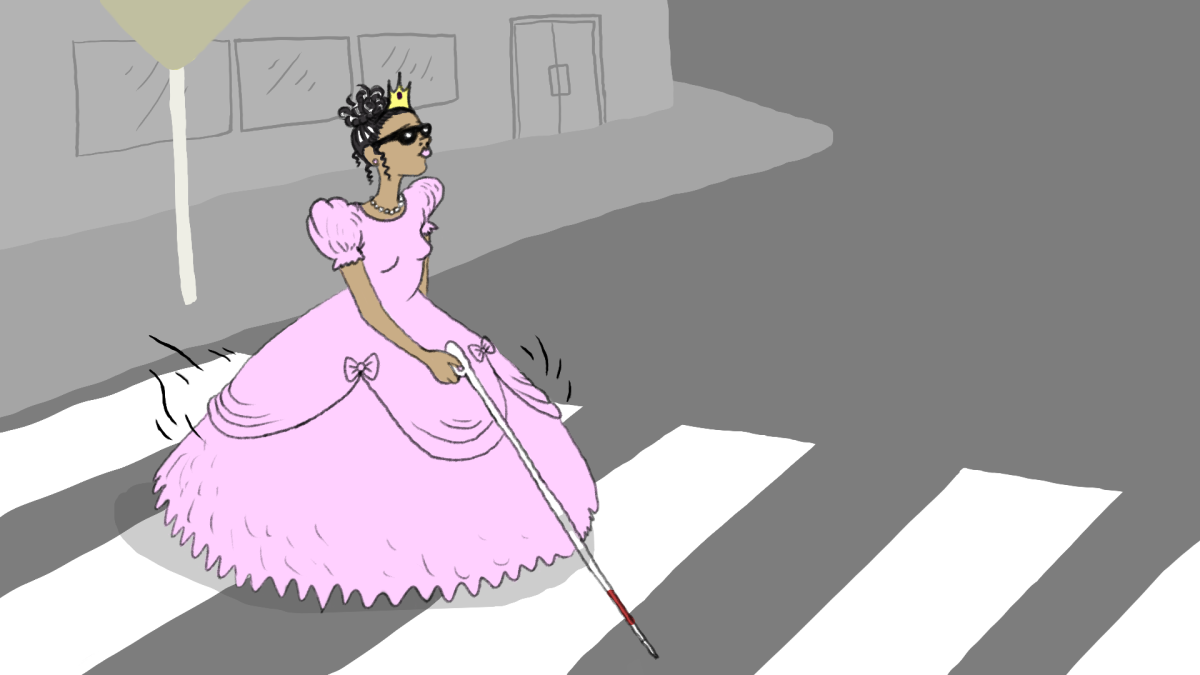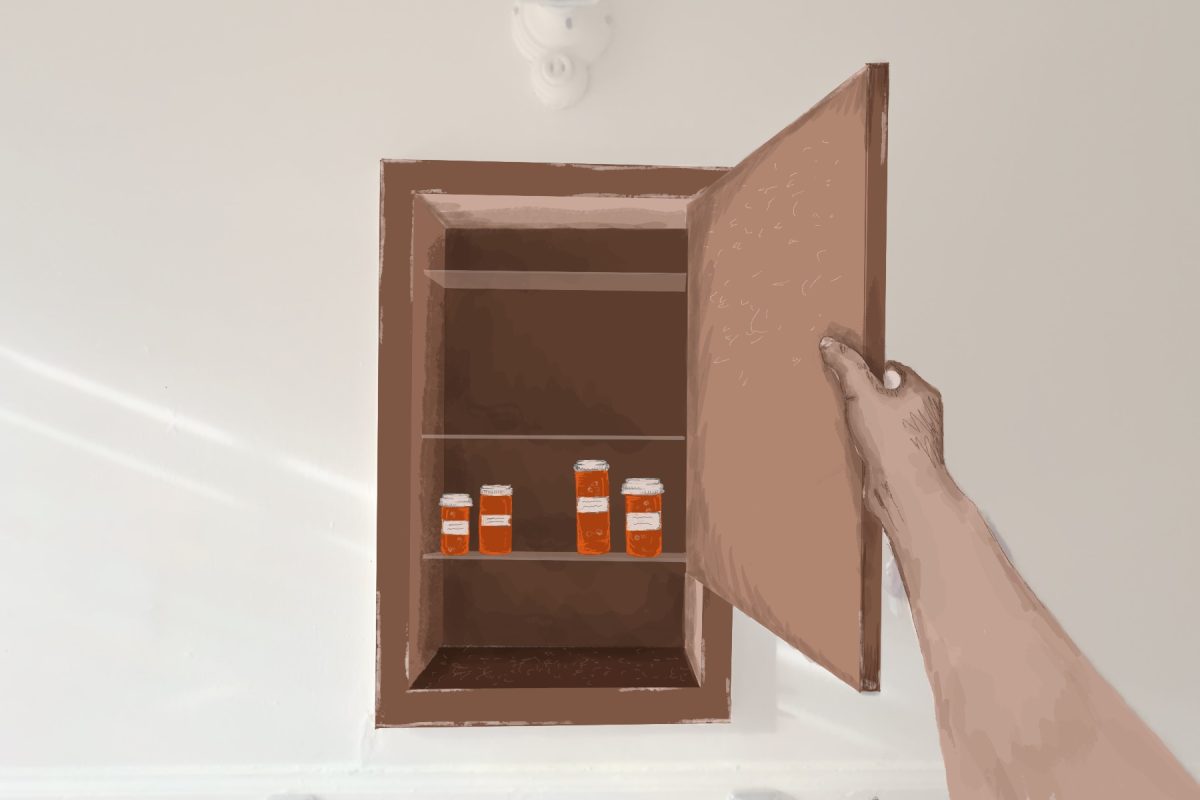From TikTokers to some of my own professors, there’s no shortage of people who endorse the wonderful resource that is therapy. Pro-therapy rhetoric is everywhere, which is something hard to oppose. About 75% of people who receive therapy see improvements in their lives, on both an emotional and physical level. However, there is one important tidbit that tends to be lost amongst all the hype — therapy can be really exhausting.
When I say this, I’m not trying to dissuade anyone from seeking out therapy or keeping with it. What I mean is this process is oftentimes not as simple or straightforward as advocates make it out to be. Especially in chronic cases, the path to healing can lead you to some really dark, uncomfortable places, taking an incredible amount of reflection, painful realizations and self-work.
Furthermore, therapy isn’t a quick fix. As opposed to a medical injury that can be healed with an ointment or bandage, mental health problems can’t always be treated in a short period of time. Granted, medication is known to effectively reduce symptoms of mental illness but more as a long-term solution, especially when coupled with therapy.
It usually takes many therapy sessions before there are noticeable, significant improvements. The American Psychological Association says an average of “15 to 20 sessions are required for 50 percent of patients to recover.” While this number may vary depending on the type or severity of the problem, it’s safe to say a session or two may not be enough to cut it.
In addition to being a significant time commitment, therapy carries a heavy financial burden. GoodTherapy says sessions can range anywhere from $65 to $250, and most people can expect to pay up to $200. Many factors go into the price of therapy, such as location and insurance coverage. However, the general high cost places limitations on the kinds of care patients can expect to receive.
For all these reasons, therapy is incredibly difficult, which makes quitting tempting. If you quit, you don’t have to take a deep dive into your recent breakup or insecurities, carve time out of your busy day or make your wallet cry. It’s no surprise then why almost one in five people decide to give up altogether.
Problems of patient dropout largely have to do with patient expectations and lack of preparation. Some people join therapy even though they aren’t ready or willing to open up. Others find they’re not improving quickly enough, or they can’t collaborate effectively with their therapist. That’s why it’s important to engage in honest self-assessment, not just during the therapy process but also before it.
When you go to therapy, you’re setting yourself up for a challenging yet rewarding experience. In order to make the most out of it, you must be ready to trust someone else with your hurt, recognize your faults, accept uncomfortable feedback and put in the work — and sometimes, it’s a lot of hefty labor.
Before you jump into therapy, it might be helpful to ask yourself some questions first. Think about the current state of your mental health, whether or not you’re open to change and what goals you want to accomplish. Remember there is no rush to start therapy, so take all the time you need.
If and when you decide to go through with therapy, it’s helpful to clarify expectations with your therapist. In order to reduce the risk of dropout, try to understand your role as the patient and what the process entails. Another important discussion point is what your ultimate goal of therapy is and how you want to get there. It’s essential to establish a strong alliance with your therapist to create a successful experience.
With that being said, NC State has pushed to make therapy services more accessible and affordable. One recent change allows students to receive 12 free sessions through AcademicLiveCare. The Counseling Center also offers a slew of other resources, such as unique drop-in sessions for those not ready to commit to ongoing counseling. Among the several available spaces, Start the Convo is one just for students looking to connect with one another and foster a sense of community.
There’s no denying therapy is excellent, but it’s important to realize just what it means. It requires time, money and a great amount of effort on your end. As students, we all may not be ready for this level of commitment right now — which is completely valid, especially as NC State is now offering a much wider range of mental health services and counseling. Your road to recovery goes at your own pace, whatever that looks like.



